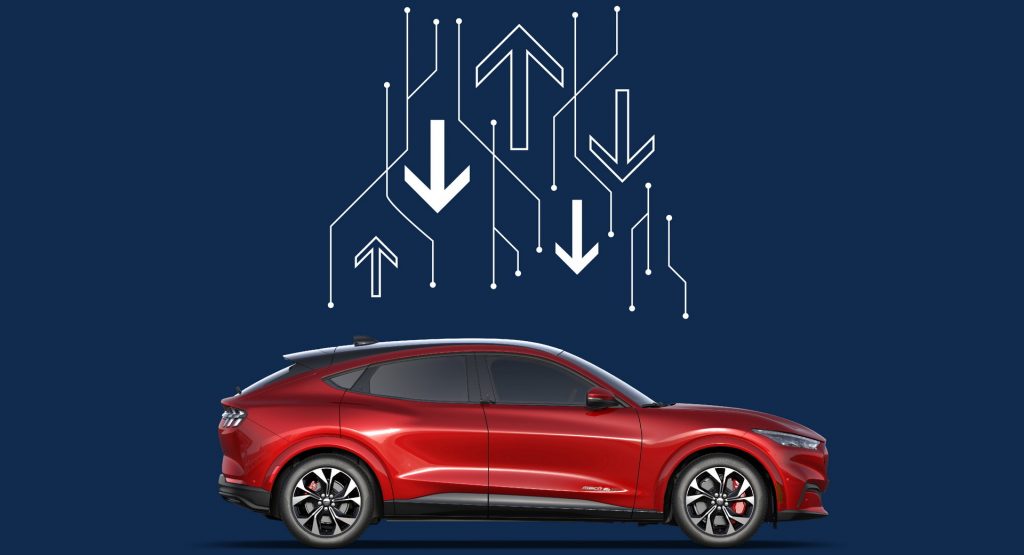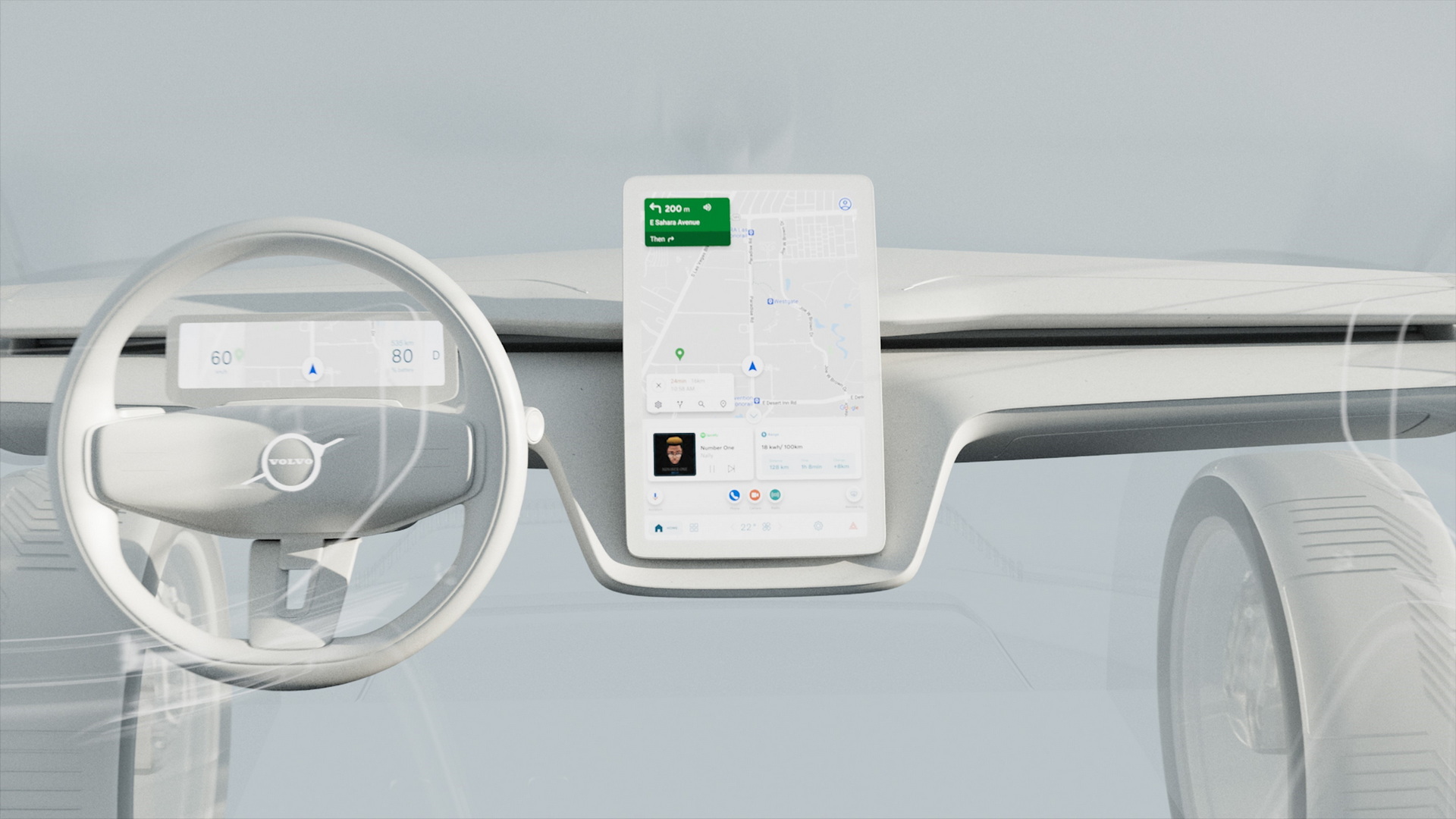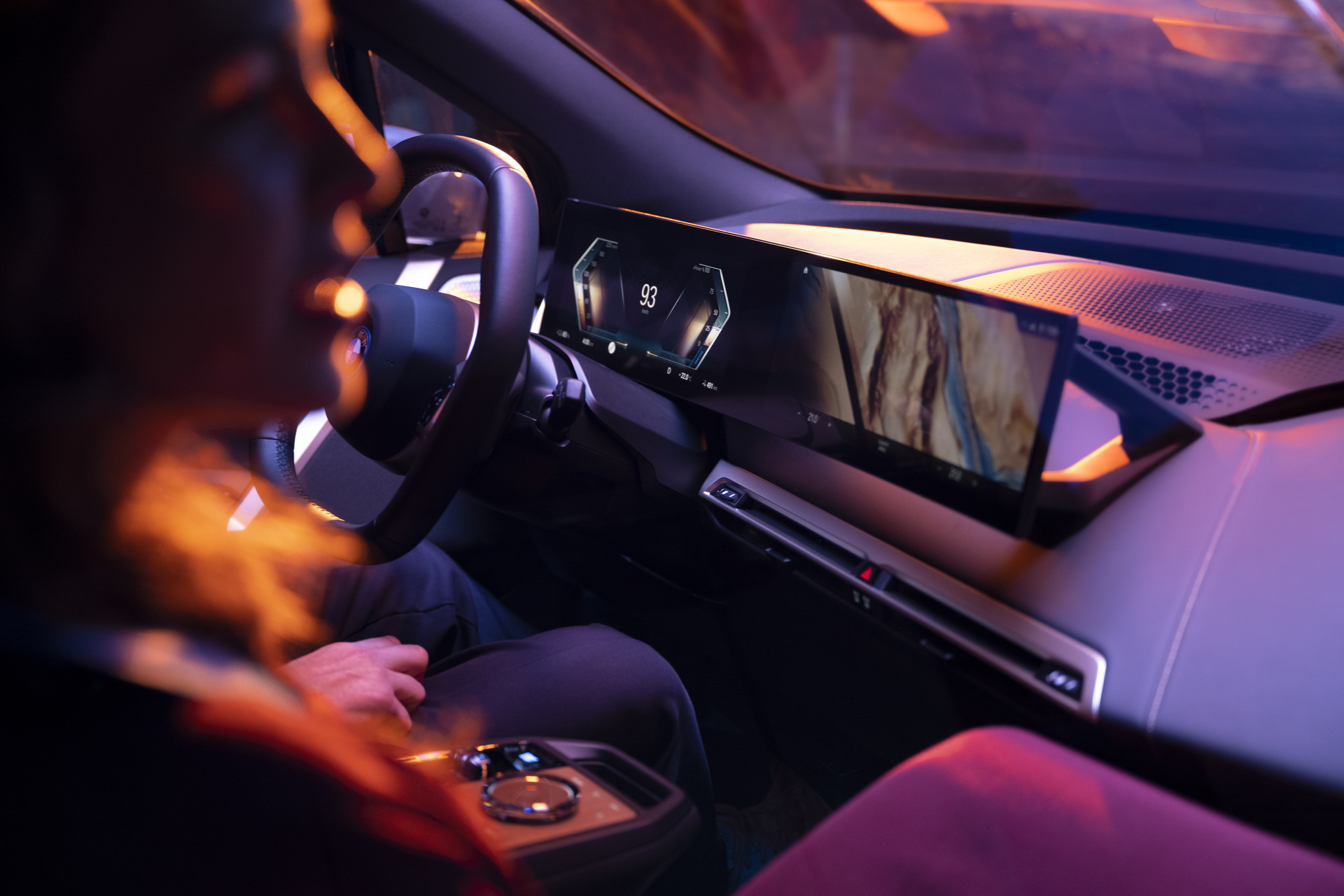The Alliance for Automotive Innovation, an industry group whose members include BMW, Ford, GM, and others, has penned a letter objecting to West Virginia bill HB 4560. The group fears the bill may unnecessarily impede automakers’ ability to perform over-the-air updates.
“Rather than leveling the playing field between dealers and manufacturers, this bill would drastically alter the rights and obligations of automotive manufacturers and their franchised dealers in West Virginia,” the group wrote in a letter obtained by CleanTechnica. “Many of the proposed changes would benefit dealers but would ultimately impose costs and inconvenience on the citizens of West Virginia.”
In particular, the group objects to the section of the bill that relates to post-sale software and hardware upgrades. The alliance highlighted the following section of the text:
“Except for experimental low-volume not-for-retail sale vehicles, cause warranty and recall repair work to be performed by any entity other than a new motor vehicle dealer, including post-sale software and hardware upgrades or changes to vehicle function and features, and accessories for new motor vehicles sold by a licensed new motor vehicle dealer. Provided however, this language shall not include any post-sale software upgrades to the motor vehicle’s navigation or entertainment system.”
Read Also: Auto Group Is Taking Massachusetts To Court Over Voter-Approved ‘Right To Repair’ Law
The passage would essentially stop anyone other than a dealer from performing recall work or software updates. The latest draft of the bill, found here, has edited the section down slightly so that it now reads thusly:
“Except for experimental low-volume not-for-retail sale vehicles, and motor vehicles of a line or make which is not sold by a new motor vehicle dealer pursuant to a new motor vehicle agreement, cause warranty and recall repair work to be performed by any entity other than a new motor vehicle dealer.”
The alliance may not be pacified because it objected to the language on the basis that it would “prevent manufacturers from conveniently delivering electronics-related recalls to consumers” in Virginia. Tesla, which is not a member of the alliance, has delivered a large number of recalls over the air in recent months. That has allowed it to fix some issues quickly but has also meant that the company faces little disincentive to try out features that might put drivers at risk since it can quickly and easily remove them if regulators take notice.
The bill also includes text attempting to limit vehicle reservations and subscription services that could allow consumers to interact with an automaker to circumvent dealers, which could make things tricky for automakers.
We have reached out to the West Virginia Legislature for comment but have not received a response at time of publishing.






